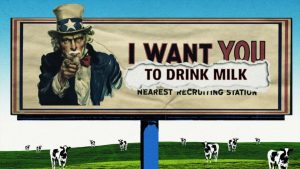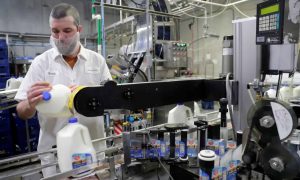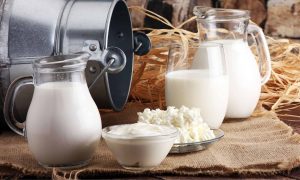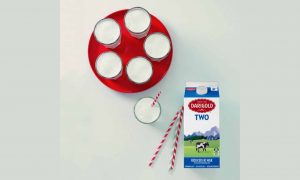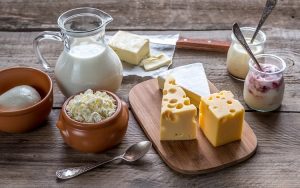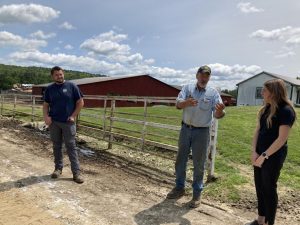
There are a great many people around the world who refuse to eat meat and dairy products. They do it because they don’t want to take part in animals and they want to protect the environment. However, for years there have been heated controversies over what is best for your health, whether a vegan diet or a meat-based diet and dairy product.
In 2021 there were 79 million vegans in the world, a huge number. There are also those who fight to let people know that even in a vegetarian and vegan diet you can get all the nutrients you need.
Some professionals in the sector have recently returned to the topic and one of them highlighted the shortcomings that a vegan diet can give especially to women. But let’s see all the details below.
Is avoiding dairy products bad or good? The latest statements from the experts

Ian Givens, professor of nutrition and director of the Institute for Food, Nutrition and Health at the University of Reading, England, said women who want to avoid meat and dairy products are at greater risk of iron, magnesium deficiencies , iodine, calcium, zinc than men. The professor said he understands the choice not to eat meat and dairy products very well, but this must be done with caution.
According to the nutritionist, if the lack of meat and dairy products leads to nutritional deficiencies, the presence of meat and dairy products in the diet can lead to numerous problems. So how do you get out of this maze? The secret for her is balance and quality over quantity. You should eat less and eat better, perhaps opting for organic meat and organic dairy products.
Obviously, for any doubt and for any information on a suitable diet, you must consult a nutritionist because each person has their own dietary needs based on their general state of health.




